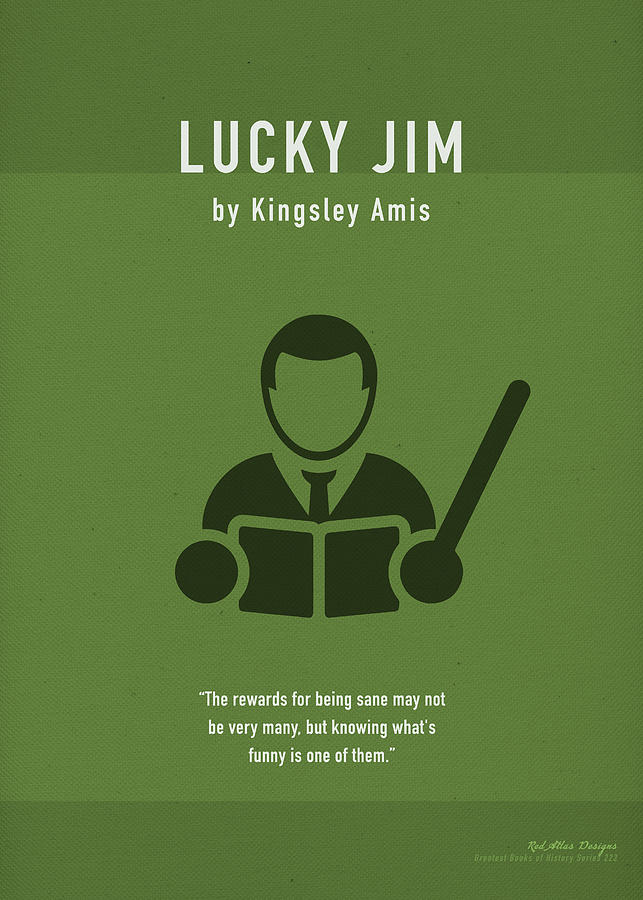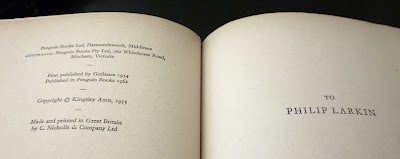

Torn between his professional need to ingratiate himself with Welch and his simmering contempt for the cultured bourgeoisie, Dixon goes, but allows himself to be infuriated: he’s especially provoked by Welch’s son Bertrand, a smug, self-proclaimed artistic genius whom Dixon automatically considers to be without merit. And he needs to, because his first year has been a catalogue of unintentional insults. Most of his antipathy is reserved for his boss, the self-absorbed Professor Welch, whose academic career has been smoothed by his wife’s money and who enjoys a bourgeois lifestyle in his country house, complete with musical weekends and artistic gatherings, which Dixon is expected to attend if he wants to make the right impression.

It’s a subject for which he feels no particular affection or aptitude indeed, he has developed a particular loathing for it. His discontent radiates outwards, encompassing the insular and petty world of the university, those of his students intelligent enough to risk exposing him for the fraud he is, and virtually all his colleagues. Having served in the Second World War, he has returned to academia in lieu of anything better to do and is now at the end of his first year teaching Medieval History at an unnamed provincial university.


 0 kommentar(er)
0 kommentar(er)
